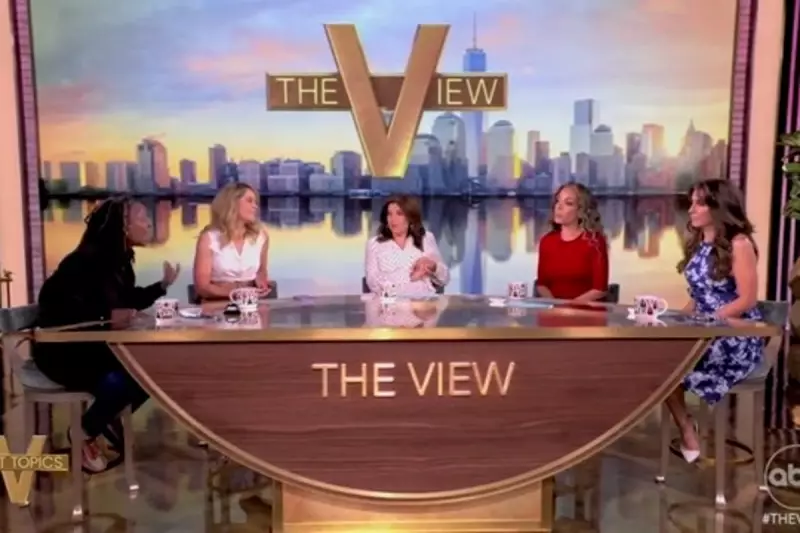
American television host Jimmy Kimmel finds himself at the centre of a potential federal investigation following serious allegations from a prominent Republican congressman. The controversy revolves around a segment that aired on his popular ABC show, Jimmy Kimmel Live!.
Rep. Mike Flood of Nebraska has formally urged the Federal Communications Commission (FCC) to launch a probe into the programme. He alleges that the show used artificial intelligence to create a fabricated, AI-generated deepfake video of former President Donald Trump. This manipulated clip was then presented to viewers as authentic footage.
A Formal Accusation of Deception
In his official complaint, Rep. Flood condemned the segment, stating it "deliberately deceived its audience." He argued that such actions potentially violate key FCC rules concerning broadcast licences, which mandate that stations serve the public interest and operate with honesty.
The heart of the issue is whether ABC and its parent company, Disney, breached regulations against "false, misleading, or deceptive programming." The congressman's letter emphasises the dangerous precedent set by using advanced technology to mislead the public, especially concerning a figure like Trump.
The Network's Defence
In response to the growing scandal, a spokesperson for ABC has come to the show's defence. They asserted that the segment was clearly satirical and never intended to be interpreted as a genuine interview with the former president.
The network maintains that the humorous context was obvious to the audience and that the clip was a obvious parody. They highlighted Kimmel's long-established reputation for comedy and political satire, suggesting the complaint misunderstands the nature of the show.
Broader Implications for Media and Tech
This incident highlights a much larger and increasingly urgent debate: the ethical use of AI and deepfake technology in media. As the ability to create hyper-realistic fake content becomes more accessible, regulators and lawmakers are grappling with how to prevent its misuse without stifling free speech or satire.
The outcome of any potential FCC investigation could set a significant precedent for how broadcasters are allowed to use AI-generated content in the future, balancing creative freedom with public trust.





